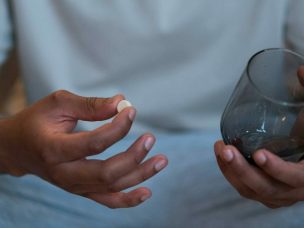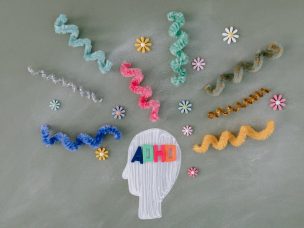Odds increased for developing alcohol use disorders, cannabis use disorders, other drug use disorders
Young adults with attention-deficit/hyperactivity disorder (ADHD) have an increased prevalence of substance use disorders (SUDs), including alcohol use disorder, according to a study published online Aug. 3 in Alcohol and Alcoholism.
Esme Fuller-Thomson, Ph.D., from the University of Toronto, and colleagues conducted a secondary analysis of the Canadian Community Health Survey-Mental Health, which included 6,872 respondents aged 20 to 39 years, of whom 270 had ADHD. SUDs were derived from lifetime algorithms for alcohol, cannabis, and other substance abuse or dependence.
The researchers found that 36 percent of young adults with ADHD had a lifetime alcohol use disorder compared with 19 percent of those without ADHD. Those with ADHD had increased odds of developing alcohol use disorders, cannabis use disorders, other drug use disorders, and any SUD after adjustment for all control variables (odds ratios, 1.38, 1.46, 2.07, and 1.69, respectively). The largest attenuation of the ADHD-SUD relationship was seen when controlling for a history of a mood disorder and anxiety, followed by childhood adversities and socioeconomic status.
“These results emphasize the importance of addressing [mood disorders] and anxiety when providing care to those with co-occurring ADHD and SUD,” Fuller-Thomson said in a statement. “Individuals with [an] untreated [mood disorder] and anxiety may self-medicate to manage the symptoms of an untreated psychiatric disorder, which can result in greater substance use.”
Abstract/Full Text (subscription or payment may be required)










